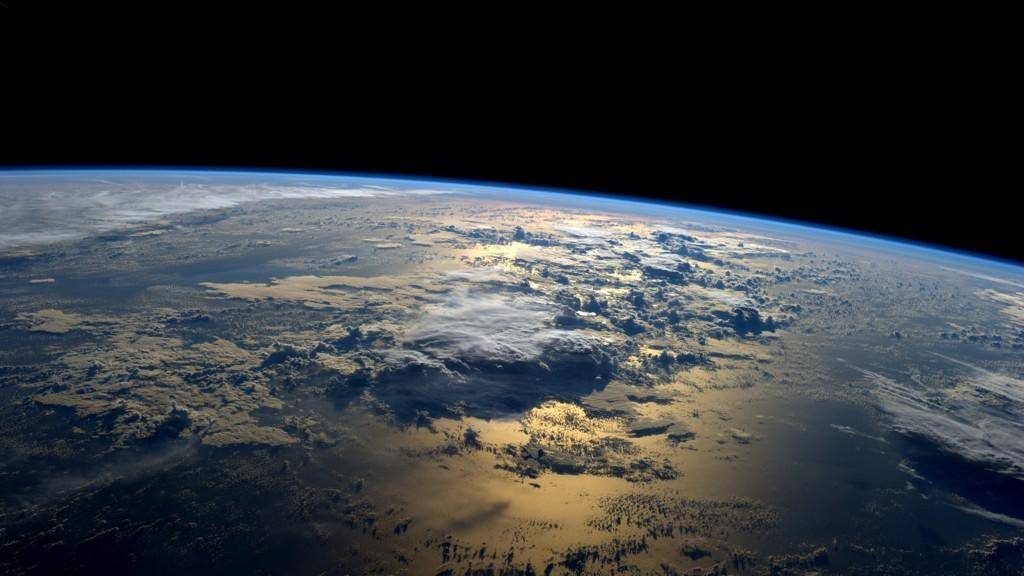
Carbon cycle climate feedbacks remain one of the most uncertain and complex aspects of the Earth System. Considerable theory exists, but in situ observations are sparse and using them to test alternative hypotheses and to quantify the strength of feedbacks has proved challenging. Satellite observations of XCO2 provide greater coverage spatially, particularly in some crucial but undersampled regions and have the potential to complement more accurate in situ CO2 and more process-relevant local flux observations. We report early analyses of OCO-2 and GOSAT data showing evidence for satellite constraints on both positive and negative feedback mechanisms in the carbon-climate system. Satellite CO2, by providing greater resolution on land in over the oceans, in the tropics, allows linking both growth, and drought-related emissions from ecosystems to be better quantified, allows better linkage of fluxes to mechanisms of disturbance and CO2 fertilization, and provides a new and complementary constraint to others currently used. We show that the tropical continents differ in their responses and explore why they may differ, based on their prior disturbance, soil and functional diversity. Extratropical feedbacks may also now be becoming evident in observations, and we discuss the role of satellite CO2 in constraining positive and negative feedbacks to climate in the extratropics.
Speaker: David Schimel, Jet Propulsion Laboratory
Dr. David Schimel is currently a Senior Research Scientist at the Jet Propulsion Lab, leading research focused on carbon-cycle climate interactions, combining models and observations. For the previous five years, Schimel led the National Ecological Observatory Network project, was responsible for the top-level science design, site selection and observing system simulations. From 2001-2007, Schimel was at the National Center for Atmospheric Research as a senior scientist, with research focused on assimilation of carbon cycle data in land and atmospheric models. From 1998-2001, Schimel served as founding Co-Director and Managing Director of the Max Planck Insitute for Biogeochemistry in Jena, Germany. From 1990-1998, Schimel was at NCAR. Schimel served as convening Lead Author for the first IPCC assessment of the carbon cycle, and has served as an IPCC CLA four times, and as a Lead Author twice. From 1988-1989, Schimel was an NRC Fellow at NASA Ames. Dr. Schimel obtained his PhD in 1982 from Colorado State University, studying atmosphere-ecosystem exchange of nitrous oxide and ammonia.

